
OR
DFTQC cracks down on non-edible foods, files cases against 89 industries
Published On: February 7, 2024 10:30 AM NPT By: Republica | @RepublicaNepal
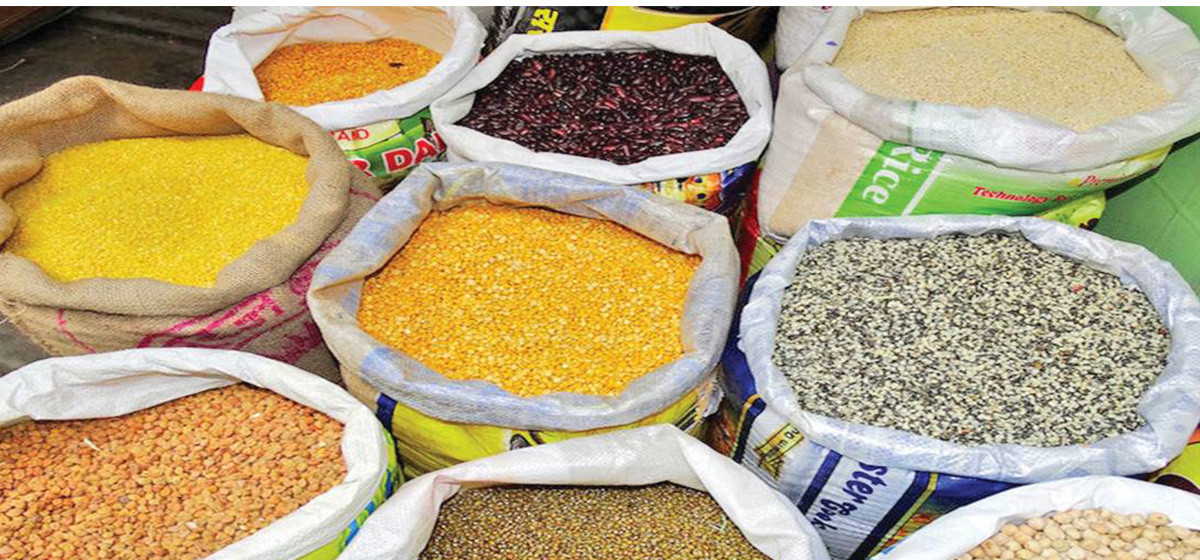
KATHMANDU, Feb 7: Food items that are harmful to human health are being sold in the market. This was revealed after the Department of Food Technology and Quality Control (DFTQC) collected samples from the market and tested them in the laboratory.
According to DFTQC, the test reports of about five percent of the samples were found to be substandard in the sample tests of various food items sold in the market.
Director General (DG) of DFTQC, Matina Joshi Baidya said that the DFTQC tested food items such as food grains, oil, smoke, fruits, vegetables, grains, spices, salt, tea, coffee, dairy products, processed drinking water, confectionery, pulses, etc.
“The test reports of 4.9 percent of the samples were found to be substandard,” DG Baidya said, “We have filed a case against the industry that produces and sells non-edible food items."
During the monitoring, DFTQC took action when it found substandard food stuff being distributed and sold. The DFTQC filed 89 cases in six months. Many of these issues are related to drinking water.
The industry collected and tested 1,167 samples from the market to monitor if the food items being sold in the market were of good quality or not.
DFTQC has filed cases against 38 water industries after the jar and mineral water produced by those industries were found to be contaminated or of low quality, and unlabeled. Many water industries are located in the valley.
The pH value of water should be between 6 to 8. Bacteria are found in water sold in the market. Not only water, but substandard milk is also being distributed and sold. The DFTQC has filed 10 cases against the milk and dairy producers.
When the DFTQC collected samples of milk sold in the market and tested them, they noticed insufficient fat content in milk, and coliform bacteria in curd while the ghee was of low quality.
The DFTQC analyzed 904 samples which included 310 samples of food/legume products, 121 oil and ghee products, 106 fruits and vegetable products, 49 grains, 78 spices, 13 salt, 31 sweets, 48 tea and coffee, 37 milk and dairy products, 34 samples of drinking water, 23 samples of confectionery, two samples of meat and 52 samples of other foodstuff.
According to the DFTQC, the 45 food samples were found to be inedible. Those include seven samples of legumes, two samples of tea and coffee, two samples of milk and dairy products, 10 samples of oil and ghee, eight samples of fruit and vegetable products, five samples of processed drinking water, two samples of sweets, seven samples of grains and two others.
You May Like This
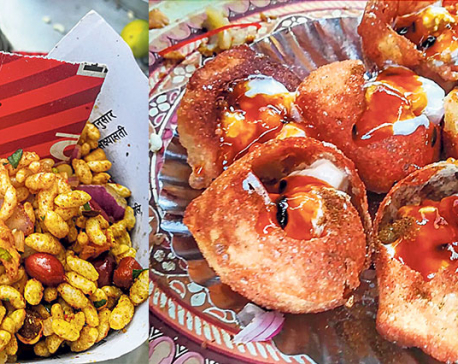
DFTQC urges consumers to avoid eating food kept in open
Five years imprisonment for violating Food Act ... Read More...

There won't be shortage of fuel, food stuffs in country, says Minister Bhatta
KATHMANDU, March 6: Minister for Industries, Commerce and Supplies Lekhraj Bhatta said on Friday that there won’t be shortage of... Read More...
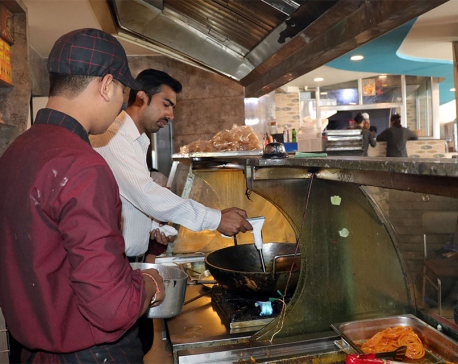
Sangam Sweets found using inedible chemicals
KATHMANDU, Oct. 2: The Department of Food Technology and Quality Control has sealed a sweets house in the capital city.... Read More...







Just In
- Govt urges Internet Service Providers to settle outstanding tax liabilities amid internet service disruptions
- Cases of banking fraud up in Nawalparasi
- IGP Kunwar holds meeting with Indonesian National Police Chief Murti
- Innovation Fund will be set up for IT sector expansion: PM
- NEPSE loses 7.31 points, daily turnover slides down to Rs 4.13 billion
- President Paudel summons budget session on May 10
- Over 100,000 tourists visit Nepal monthly on average
- Sudurpaschim CM Sodari to seek vote of confidence tomorrow



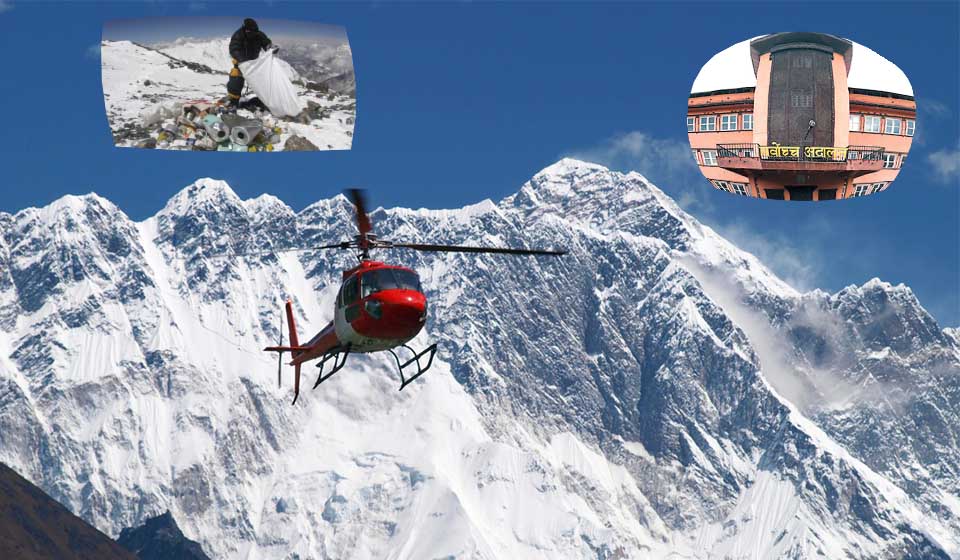
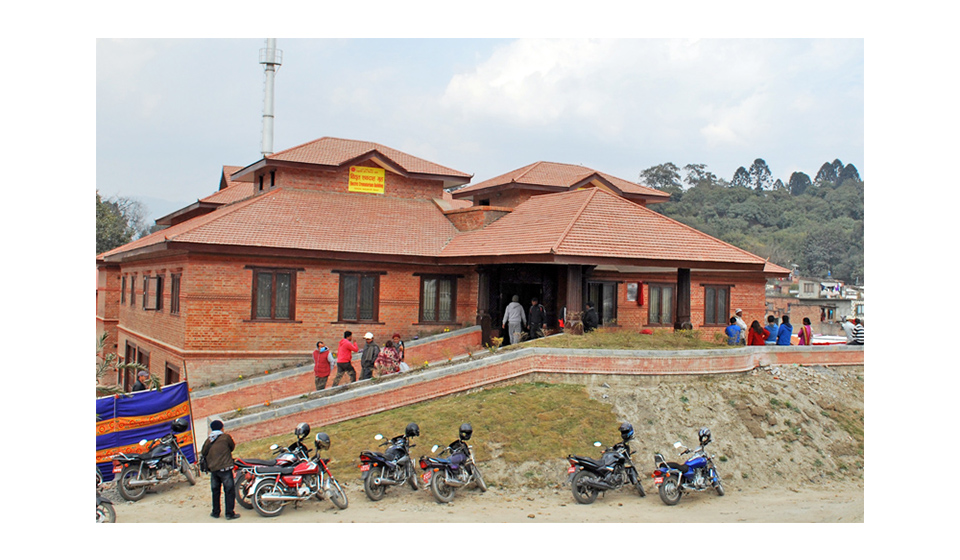







Leave A Comment